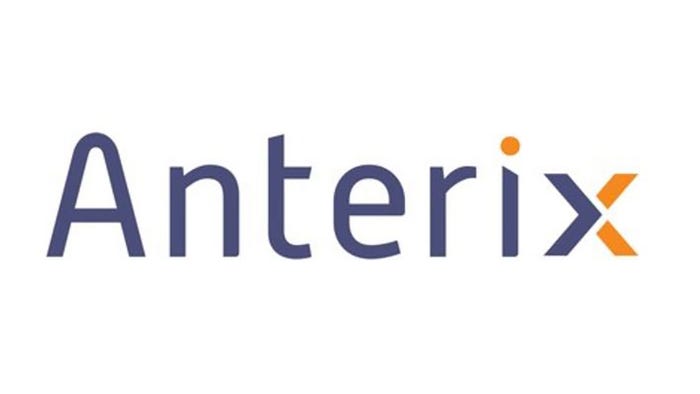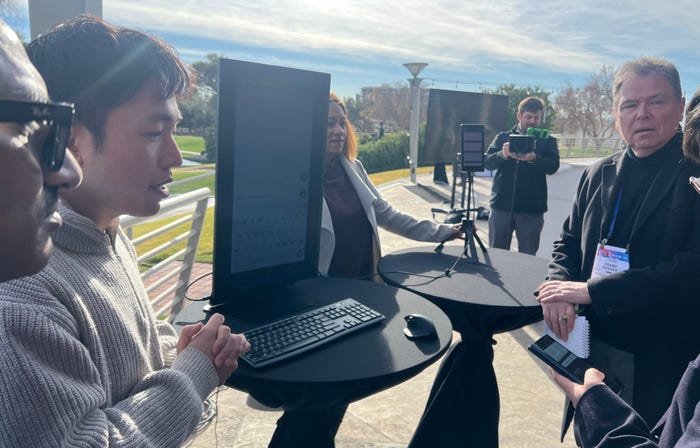House committee unanimously passes bill to provide $14.8 billion in NG911 fundingHouse committee unanimously passes bill to provide $14.8 billion in NG911 funding

House Energy & Commerce Committee members unanimously advanced a bill that would reauthorize the FCC’s authority to conduct spectrum auctions for three years and provide $14.8 billion to transition the nation’s 911 center from legacy technologies to an IP-based, next-generation 911 (NG911) platform.
Committee members yesterday voted 50-0 to send the bill—H.R. 3565, the “Spectrum Reauthorization Act of 2023” sponsored by Committee Chair Cathy McMorris Rodgers (R-Wash.)—to the full House. In addition to the FCC-auction and NG911 provisions, the bill would direct $3.08 billion in future auction proceeds to close the funding gap in the FCC’s “rip and replace” program to rid U.S. networks of gear from China-based equipment companies like Huawei and ZTE.
With these three elements, H.R. 3565 is similar to a bill that passed the House during the previous Congress but was not approved by the Senate or included in the December omnibus funding package—a fact McMorris Rodgers cited during Wednesday’s hearing.
“Several times, the House has acted to ensure that the FCC’s auction authority did not lapse,” McMorris Rodgers said. “Today, we are renewing our effort. Hopefully, the third time is a charm
“It is imperative to our economy, to our national security and to our international credibility on spectrum policy that we move this legislation as quickly as possible.”
More than two months ago, Congress allowed the FCC’s auction authority to lapse for the first time three decades, despite the fact that FCC spectrum auctions have generated more than $200 billion in revenue for the federal government during that period. However, at the moment, no new airwaves have been identified that are prepared to be auctioned by the FCC.
Rep. Richard Hudson (R-N.C.) highlighted the importance of future auction proceeds being used to fund the NG911 technological transition from legacy technologies used in the nation’s 911 centers.
“The future success and serving the public’s needs will only be possible when public-safety answering points have transitioned to an Internet Protocol [IP]-based 911 system—commonly referred to as next-gen 911, or NG911,” Hudson said during the hearing. “NG911 will enhance emergency-number services by creating a faster, more resilient system that allows digital information—for example, voice, videos, photos and text messages—to flow seamlessly from the public, through the 911 network, and eventually directly first responders.
“It will also enable 911 call centers to transfer 911 calls to other call centers and help them deal with call overloads, disasters and day-to-day transfers of 911 calls to other jurisdictions. This legislation is critical … and I look forward to seeing this bipartisan Next-Gen 911 Act pass the House again.”
Rep. Anna Eshoo (D-Calif.) echoed this sentiment, noting her efforts during the past two decades to support 911 upgrades with federal funding have been unsuccessful to date.
“Unfortunately, we have not reach our goal,” Eshoo said. “Over all of these years, we haven’t reached our goal, and most of the United States 911 call centers continue to use legacy technology developed over 50 years ago.
“Let’s get this done for our country. Let’s just get it done and put it away. We’ll all be better off.”
According to draft language, the bill would provide borrowing authority for the “rip and replace” funding, meaning that $3.08 billion could be available well before a spectrum auction could be completed. Some public-safety organizations hope such borrowing authority would accompany the NG911 provision, but that was not the case in last year’s legislation or in the draft language.
Despite this, myriad organizations associated with public safety expressed support for H.R. 3565 being approved at the committee level in prepared statements provided to IWCE’s Urgent Communications.
“The next-generation 911 language in this bill has been developed in collaboration with the public-safety community,” Mel Maier, leader of the Public Safety Next Generation 911 Coalition, said. “It will provide $14.8 billion to deploy fully interoperable NG911 throughout urban and rural areas, ensuring no community is left behind.
“Our coalition of national public-safety associations will continue to press Congress to complete its work. NG911 will begin saving lives in our communities the moment it is deployed.”
Association of Public-Safety Communications Officials (APCO) Executive Director and CEO Derek Poarch applauded the House committee’s vote on H.R. 3565.
“APCO welcomes the Committee’s unanimous, bipartisan action,” Poarch said in a prepared statement. “This is an essential step toward creating a program that will provide the nation’s 911 professionals the resources they need to deploy modern technologies for keeping our communities and first responders safe.”
Jonathan Gilad, government-affairs director at NENA-The 911 Association, expressed a similar sentiment.
“NENA applauds this pivotal legislation to reauthorize the Federal Communications Commission’s spectrum-auction authority and set aside $14.8 billion in auction revenue to fund next-generation 911 deployments nationwide,” Gilad said in a prepared statement. “Funding next-generation 911 is one of the most important steps Congress can take to improve our nation’s emergency-communications infrastructure and keep Americans safe.
“NENA is excited to see this important legislation move out of committee and looks forward working with both houses of Congress and the White House to see it enacted as quickly as possible.”
The House committee’s vote also was supported by the Industry Council for Emergency Response Technologies (iCERT).
“NG911 is critical to the safety and security of our citizens, communities, and country,” according to the iCERT statement. “iCERT looks forward to continuing to work with the Congress on advancing legislation that makes NG911 deployment a national priority, so that all citizens have access to these critical life-saving technologies.”





